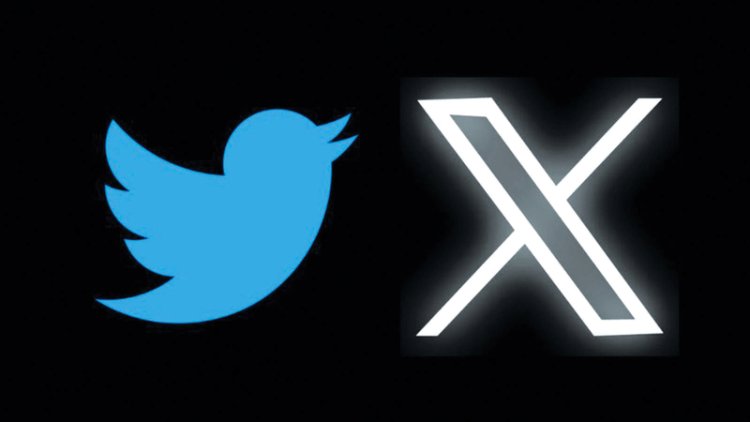Students React to X’s New User Policy: A Closer Look at $1/year Access Fee
X (formerly Twitter) introduced a groundbreaking policy shift that has sent ripples through its user base. Requiring new users to pay a nominal fee of $1/year (£0.82/year) for basic features, X's move aims to combat spam and enhance user experience. This policy, currently being trialed in New Zealand and the Philippines

In the fast-paced realm of social media, change is constant, and recently, X (formerly Twitter) introduced a groundbreaking policy shift that has sent ripples through its user base. Requiring new users to pay a nominal fee of $1/year (£0.82/year) for basic features, X's move aims to combat spam and enhance user experience. This policy, currently being trialed in New Zealand and the Philippines, has particularly piqued the interest of students. In this blog post, we will closely examine student reactions, concerns, and the broader implications of this new policy.

Understanding X's New Policy
X's new policy mandates a modest payment from new users to access fundamental features like writing, liking, retweeting, and replying to posts. Initiated as an anti-spam measure, the policy has generated diverse reactions from students across the globe.
DID YOU MISS: Brilliant Nigerian Boy with Exceptional Exam Scores Appeals for Support to Continue Education
Student Reactions: A Mixed Tapestry
Student responses to X's new policy have been nuanced and multifaceted. Some students perceive it as a necessary measure to curb spam and create a safer online space. They commend the platform's efforts to filter out bots and enhance the quality of interactions. On the flip side, others view this policy as an economic barrier, potentially excluding individuals who cannot afford the fee. For students, many of whom are financially constrained, this new entry fee raises concerns about inclusivity in the digital sphere.
Privacy Concerns: A Growing Unease

Amidst the discussions, privacy concerns have emerged as a significant point of contention. Organizations like Amnesty International have voiced apprehensions about X's policy, citing potential violations of user privacy rights. The platform's ability to collect biometric data and access encrypted messages raises pertinent questions about data storage, usage, and user consent.
The Shifting Social Media Landscape
As students grapple with these changes, the future of social media platforms remains uncertain. How X responds to user feedback and adapts its policy will undoubtedly shape the landscape for other platforms. The question on everyone's mind is whether other social media giants will follow a similar trajectory. As the world watches these developments unfold, users, particularly students, find themselves at the forefront of a changing digital era.
Navigating the Evolving Social Media Frontier
X's new user policy has sparked a vibrant conversation among students. In an era where social media is integral to communication and connection, these changes hold significant weight. As the narrative unfolds, one thing remains clear: the digital landscape is evolving, and users, especially students, are keen observers, ready to adapt and voice their concerns in the face of transformative shifts. Stay tuned as we continue to explore the ever-changing world of social media and its impact on student life.





